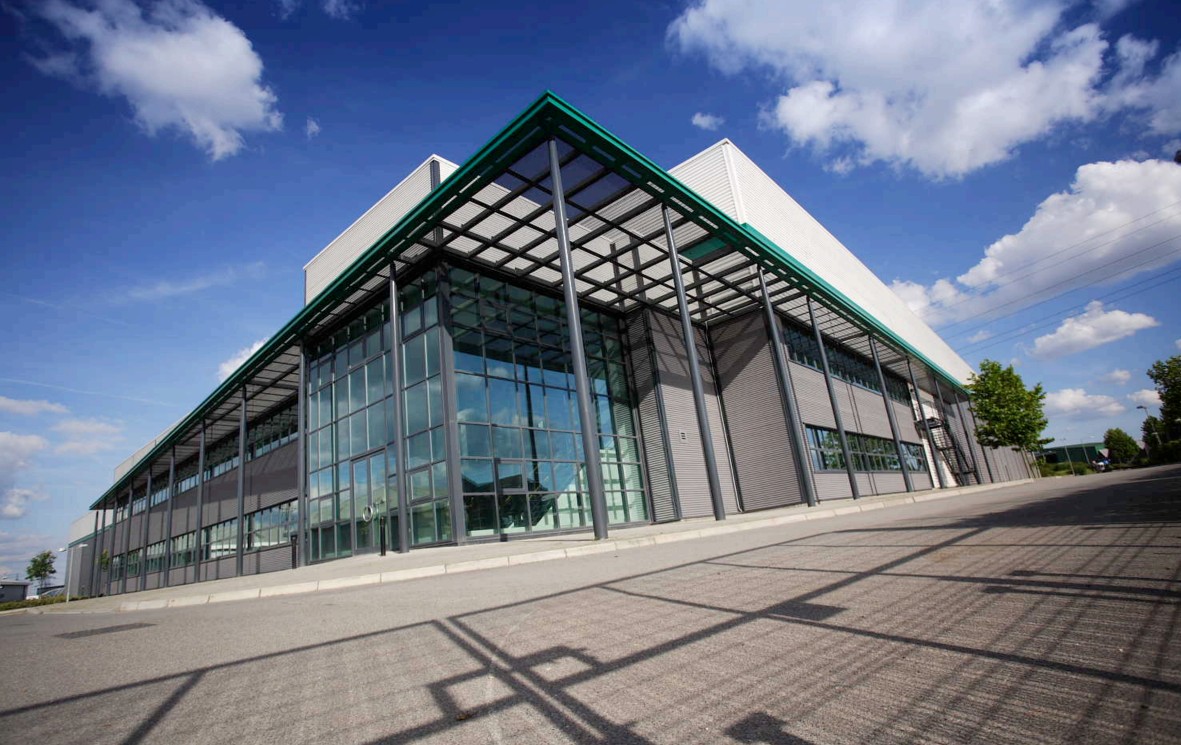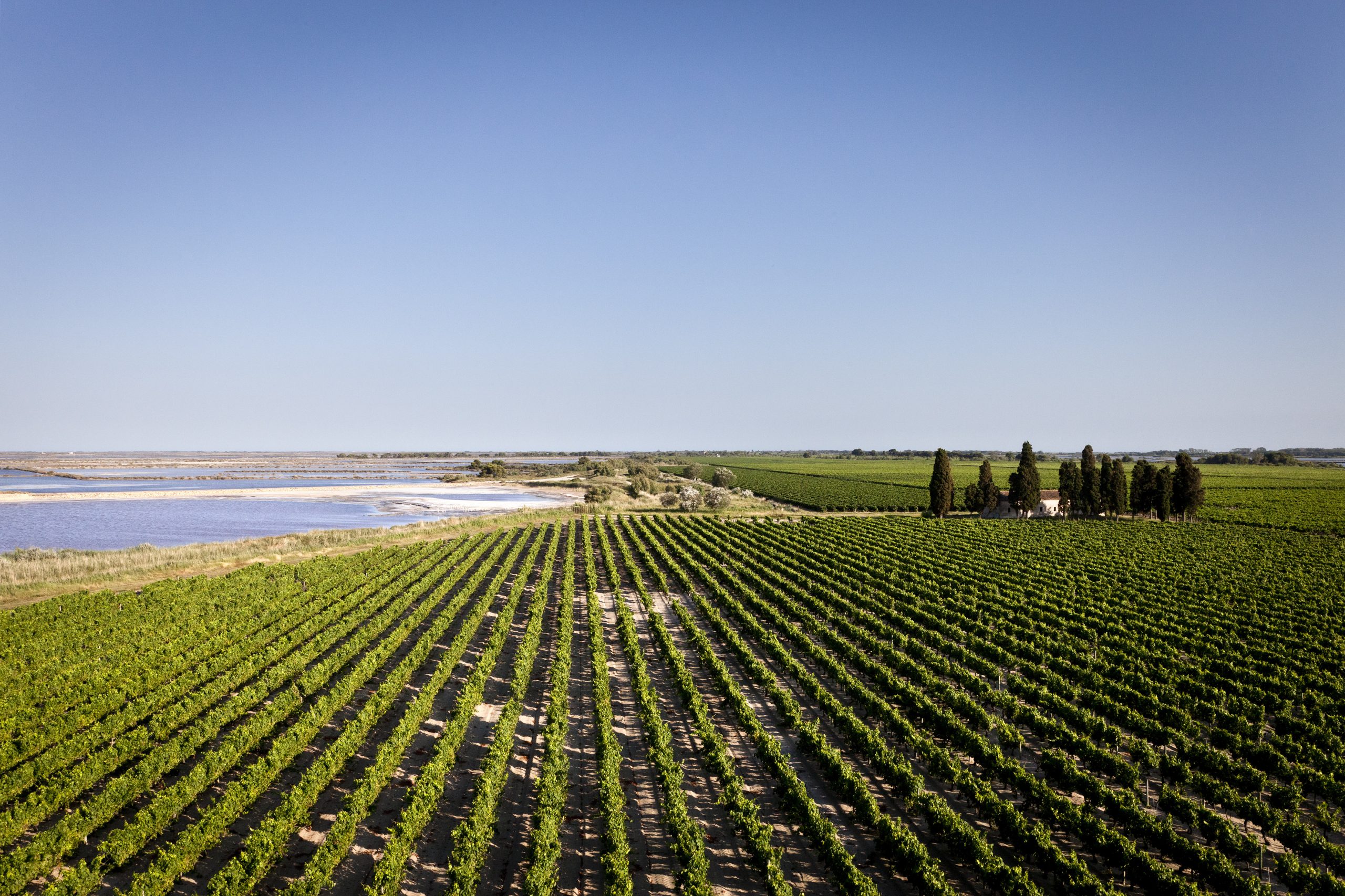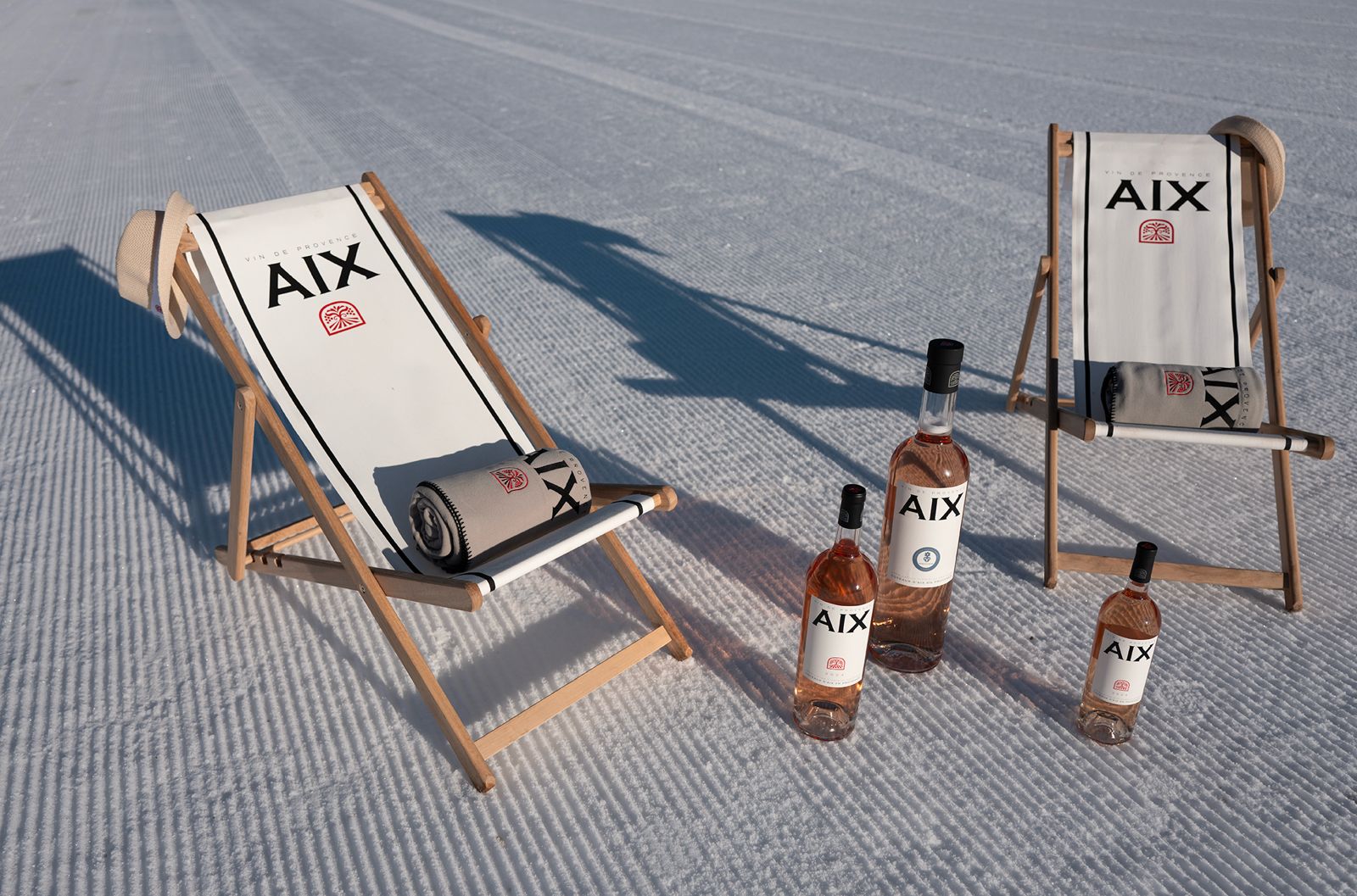6,000 bottles of fake wine busted in China
More than 6,000 bottles of counterfeit Chinese wines were busted in Xianyang city in China’s northwestern Shaanxi province, highlighting the problem of fake wines that affects the country’s well-known domestic brands, which still constitute the majority of wine consumption on the mainland.
Police in Xiangyang uncovered more than 6,030 bottles of fake wines worth about RMB 300,000 (US$45,180) – including imitations of more than 10 famous domestic wine brands such as Changyu and Great Wall – when suspicious-looking Changyu wines were spotted at several alcohol and tobacco shops in the city, according to a report by Chinese news website CNWest.com.
This underscores the scope of fake wines circulating in mainland China that extends well beyond expensive and famous Bordeaux or Napa reds.
Despite the growing popularity of imported wines, domestically produced Chinese wines still take up about 70% of the country’s wine market, thanks to their relatively cheaper price and established brand appeal in lower tier cities across China.
Two of the country’s leading wine producers, Changyu and Great Wall, are often the target of fraudsters. For instance, Changyu wines with labels saying Changyu Hong Kong Ltd or using its pinyin name, Zhangyu are both knockoffs as Changyu hasn’t established a Hong Kong branch or ever used its Chinese pinyin name for its trademark or label.
Partner Content
One of the top concerns for counterfeit wines are the potential health threats as many counterfeits of domestic wines are sloppy concoctions of alcohol, sugar extract, additives and water. In some cases as reported by China’s news website CNTV, wines are made using watermelon skin mixed with grape juice that costs no more than RMB 3 or RMB 4.
The investigation related to the fake wine haul in Xianyang is still ongoing. One suspect surnamed Dong has been arrested and police is running tests on the wines to see if they contain toxic chemicals and additives that could as health threats to consumers.




